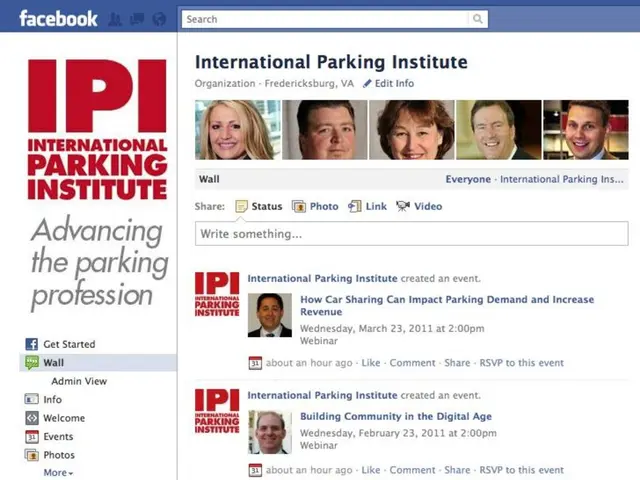Judge Offers Explanation on Decision Made
In a recent case, Duncan v. Bonta, Judge Lawrence VanDyke delivered a video dissent that has sparked debate over California's gun laws and the Ninth Circuit's response to them.
Judge VanDyke argued that the majority's conclusion, if implemented, would allow the government to ban almost anything related to guns, including fundamental components such as grips, sights, triggers, and magazines. He described the majority's approach as 'unprincipled' and rejected the premise that a magazine is an 'accessory' rather than a fundamental component of a commonly owned gun.
The video dissent was a supplement to VanDyke's written opinion, serving to substantiate his argument. In it, he aimed to demonstrate the flaw at the heart of the decision in Duncan v. Bonta, and to counter the 'basic misunderstanding' of how guns work among some judges, lawyers, and legislators.
The majority opinion held that magazines holding 10 rounds or fewer are 'arms' protected by the Second Amendment, while those holding more are 'accoutrements' or 'accessories'. This holding ignores the ban on interest balancing and the requirement for historical analogues in Bruen, and subverts the 'in common use' provision in Heller.
Judge VanDyke expressed concern about the lack of knowledge about guns among judges, lawyers, and legislators. He criticized the majority opinion for a fundamental misunderstanding of how guns work, and urged for a more informed approach to gun laws and regulations.
Judge Ikuta wrote a separate dissent in the case, disagreeing with Van Dyke's opinion and arguing that the right to carry guns in public is not protected under the Second Amendment as applied in California.
Judge Patrick Bumatay compared the majority's decision in Duncan v. Bonta to limiting a writer's right to speak on the internet based on their access to a newspaper. He emphasized the potential for far-reaching consequences if the decision stands.
It is important to note that there is no immediate fix to the problem without sweeping political change or the intervention of the U.S. Supreme Court. The video dissent, while not as dramatic as some media portrayed, has brought attention to the issue and sparked discussions about the need for a more informed and principled approach to gun laws and regulations.
One of VanDyke's colleagues described him as an 'expert,' but this is not supposed to be a pejorative in law. His extensive knowledge and experience in the field of gun law make him uniquely qualified to address the issues at hand.
In conclusion, the video dissent by Judge VanDyke in the Duncan v. Bonta case has brought attention to the potential flaws in California's gun laws and the Ninth Circuit's response to them. His argument for a more informed and principled approach to gun laws and regulations has sparked discussions and debates, and may serve as a catalyst for change in the future.
Read also:
- United States tariffs pose a threat to India, necessitating the recruitment of adept negotiators or strategists, similar to those who had influenced Trump's decisions.
- Weekly happenings in the German Federal Parliament (Bundestag)
- Southwest region's most popular posts, accompanied by an inquiry:
- Discussion between Putin and Trump in Alaska could potentially overshadow Ukraine's concerns








